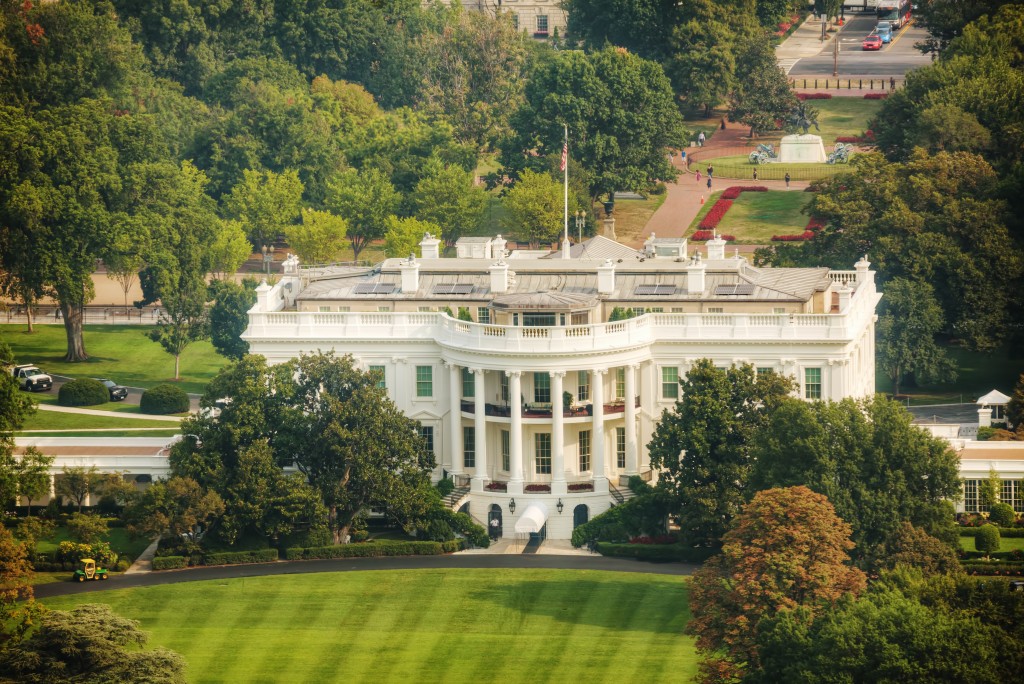
After the Election – Affirming the Vital Need for Diverse Faith-Based Organizations and Religious Freedom for All
The IRFA Staff, November 10, 2016
Whatever your assessment of the election outcomes, IRFA, a Christian-inspired alliance that serves organizations of every faith, affirms that we are all called to faithfully practice our citizenship and to shape our political communities with a critical, yet hopeful vision of public justice for all.
We believe that God invites and calls everyone to advance public policies that recognize and create space in our diverse public square for the many non-governmental institutions- families, churches, schools, businesses, faith-based organizations- to embody their own God-given responsibilities.
We live in a diverse, differentiated democracy where individuals and organizations have varying ideas about what is best for human flourishing. The election certainly highlighted this diversity of views in our nation. Yet we also know that daily, hundreds of thousands of faith-based organizations continue to feed the hungry, house the homeless, heal the sick, provide jobs training, offer relief in natural disasters, educate our children, and so much more. That was true yesterday, and it is true today, regardless of the result of the election.
IRFA continues to pursue our vision of a pluralist public square, where diverse faith organizations, of varying religious paradigms and service areas, can continue to make their vital and distinctive contributions.
IRFA is dedicated to working with and advocating for faith-based institutions to be able to fully live out their faith in public life. We are dedicated to empowering diverse religious organizations to advance their faith-based identities through their engagement in public policy, through their embodiment of faith-based organizational practices, and through the cultivation of a positive perception.
We are also dedicated to shaping public policy to advance the capacity of faith-based organizations to fully live out their missions in our diverse society. Now is an opportunity for important public policy discussions about how government should support and regulate the diverse faith-based organizations that are such vital elements in our social safety net, our educational and health systems, our nation’s response to overseas relief and development needs, and in the daily lives of cities and towns.
Here are three public policy proposals the next presidential administration should adopt to advance the ability of faith-based organizations to fully participate in the public square:
Revive the faith-based initiative. President Obama affirmed the level-playing field rules of the faith-based initiative and yet there remains potential for so much more. President Trump should refresh the White House Office of Faith-Based and Neighborhood Partnerships and the counterpart Centers in the federal agencies, enabling them once again to reach out to smaller religious and secular community organizations to welcome them to partner with federally funded programs. And the Office and Centers should prompt federal agencies to once again consider how the unique capabilities and ways of serving of these close-to-the-needs religious and secular organizations can make federally funded health, social, and educational programs more effective in serving marginalized communities.
Promote a win-win resolution to the confrontation between religious freedom and LGBT rights. People and organizations who are convinced that progressive views on sexuality and marriage are liberating and good are here to stay—and so are other people and organizations who are sure that these views conflict with God’s good design and are harmful. Somehow government must protect the civil rights of both groups, making it possible for the vital debates about what is good to go forward without either side coercing the other, and freeing people and organizations to live by their convictions without legal penalty.
Strongly affirm that religious freedom is for all religions. It is a principle that makes it possible for us to live together with our differences and it is distorted when any group deploys it to protect solely its own values at the expense of others. Good public policy involves more than religious freedom for all, but not less than equitably protecting the rights of everyone – protecting the rights, to use a phrase of a former President, of “Methodists, Muslims, Mormons or good people of no faith at all.”
